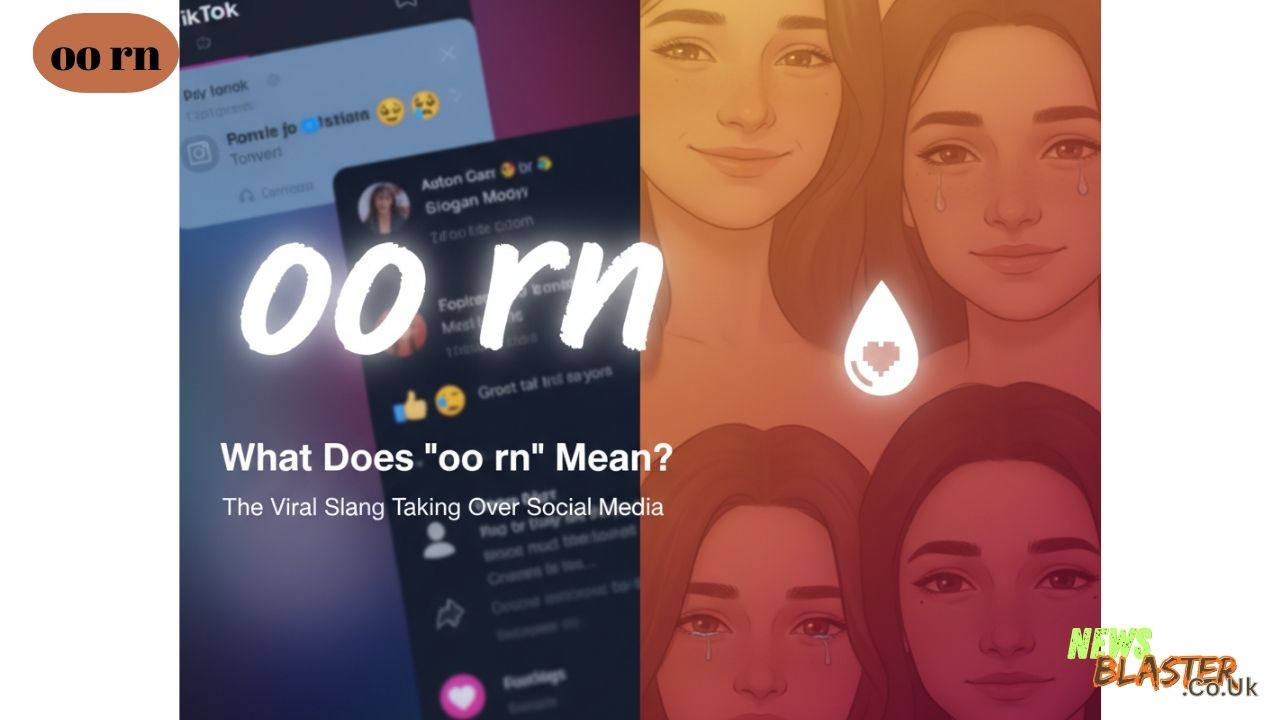Introduction
You’ve probably come across the phrase “oo rn” while scrolling through TikTok, Instagram, or Twitter. It seems to pop up everywhere—under sad videos, cute posts, nostalgic edits, or emotional memes. But what exactly does it mean, and why is it suddenly so popular?
In this article, we’ll explore what “oo rn” means, how people are using it online, and why it has quickly become one of the internet’s most emotionally charged slang expressions. Whether you’re new to the phrase or curious about its deeper impact, we’ll break it all down for you.
What Does “oo rn” Actually Mean?
The phrase “oo rn” is internet shorthand that’s gained massive popularity across social platforms. While it might look like a typo at first glance, this expression has become a legitimate way for users to convey specific emotions online.
At its core, the term represents a feeling or reaction that many experience in the digital age. Users type it quickly in comments, captions, and replies to express their current emotional state without needing lengthy explanations.
The Origins of This Viral Expression
Like many internet trends, this phrase emerged organically from online communities. Social media users started adopting it as a quick way to communicate feelings, and it spread rapidly through shares, reposts, and viral content.
The beauty of internet slang lies in its ability to evolve naturally. What starts as a niche expression within smaller communities can explode into mainstream usage within days or weeks.
How People Use It on Social Media
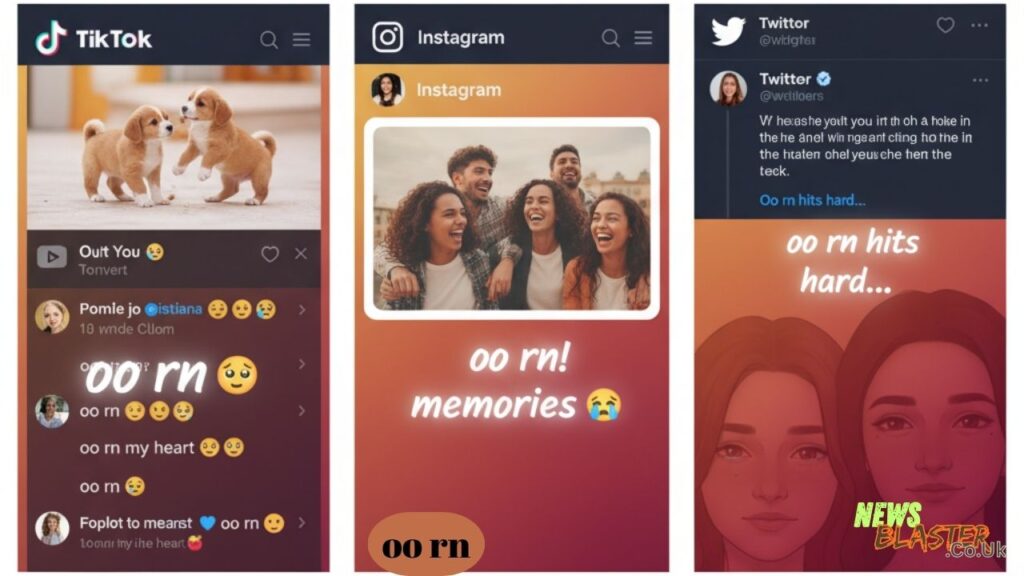
On TikTok
TikTok has become the primary platform where this expression thrives. Users comment it under videos that trigger emotional responses—whether that’s nostalgia, sadness, joy, or overwhelming cuteness. The short format makes it perfect for quick reactions.
On Instagram and Twitter
Instagram users frequently add the phrase to their Stories, Reels, and post comments. Twitter users incorporate it into tweets when sharing relatable content or responding to emotional threads.
Common Usage Contexts
People typically use this expression when:
- Reacting to nostalgic content that brings back memories
- Commenting on adorable animal videos or baby pictures
- Responding to sad or touching stories
- Expressing feelings about relationships or personal situations
- Sharing their current mood with followers
Why This Slang Resonates With Users
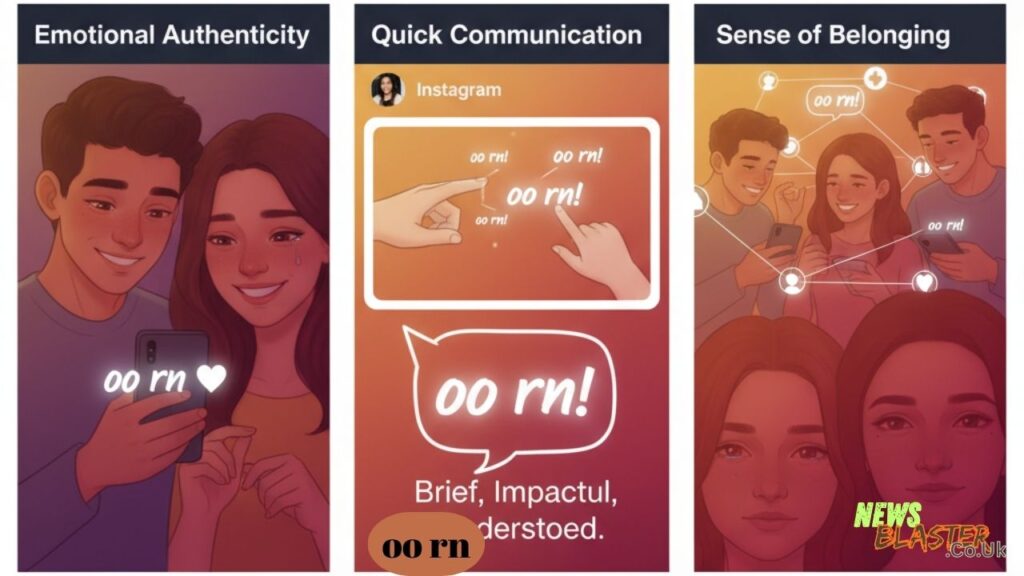
Emotional Authenticity
This expression has struck a chord because it captures genuine feelings in a simple, relatable way. In an era where people crave authentic connections online, shorthand that conveys real emotions becomes powerful.
Quick Communication
Social media thrives on speed. Users want to express themselves without typing paragraphs. This phrase accomplishes that goal perfectly—it’s brief, impactful, and immediately understood by others in the community.
Sense of Belonging
Using popular slang creates a sense of belonging among internet users. When someone uses this expression, they’re signaling that they’re part of the current online culture and understand its language.
The Psychology Behind Viral Internet Slang
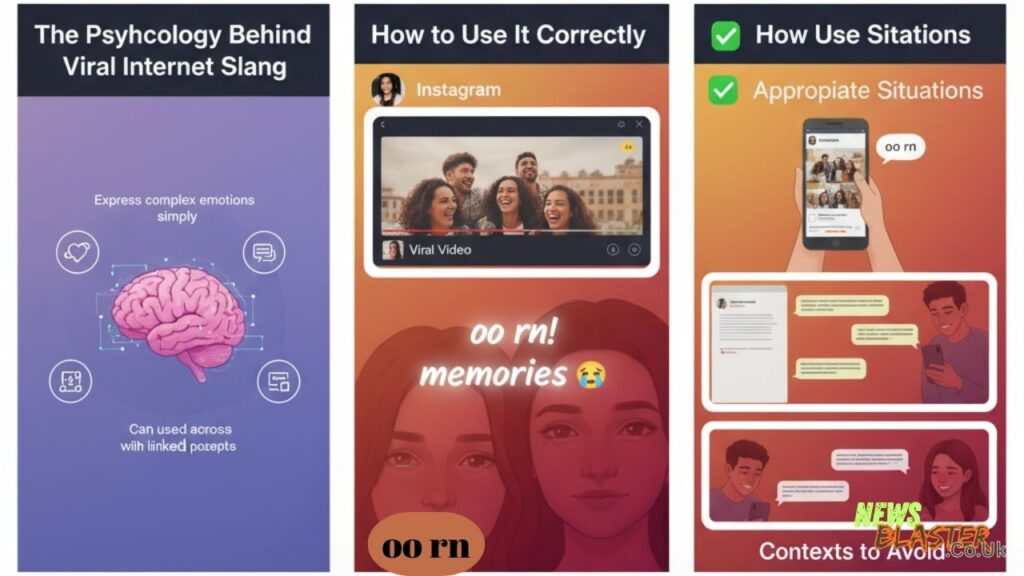
Internet expressions become viral because they fill a communication gap. Traditional language sometimes feels too formal or lengthy for the fast-paced nature of social platforms.
Users gravitate toward phrases that:
- Express complex emotions simply
- Feel natural in digital conversations
- Can be used across multiple contexts
- Create connection with like-minded people
This particular phrase checks all those boxes, which explains its widespread adoption.
How to Use It Correctly
Appropriate Situations
The expression works best when you’re:
- Genuinely moved by content you’re viewing
- Wanting to show empathy or understanding
- Reacting to something that touches your emotions
- Connecting with others over shared feelings
Contexts to Avoid
Like any slang, there are situations where it might not be appropriate:
- Professional or formal communications
- Serious discussions requiring detailed responses
- Conversations with people unfamiliar with internet culture
- Situations demanding clear, unambiguous language
The Impact on Digital Communication
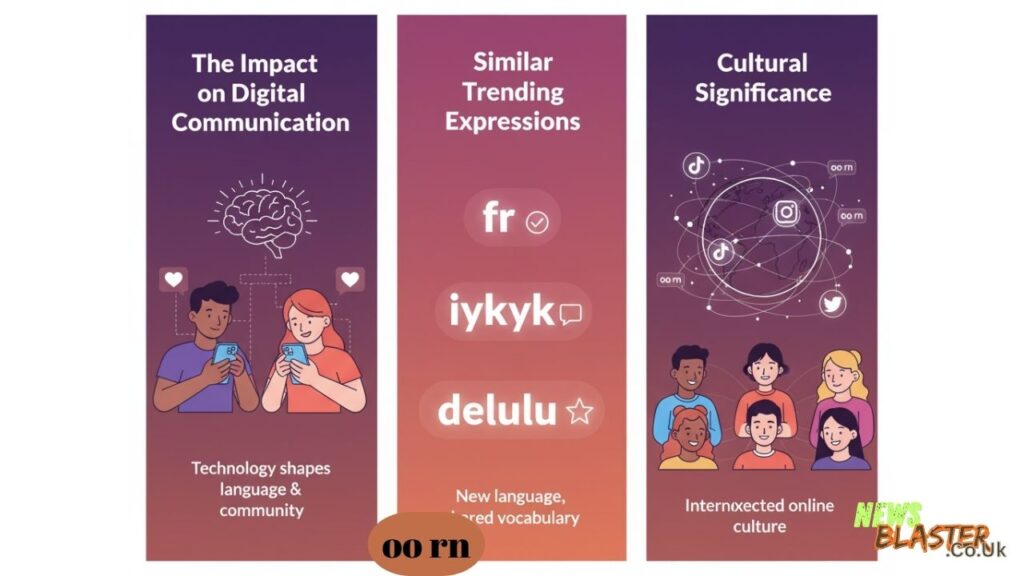
This trend represents a broader shift in how people communicate online. Language continues evolving to match the speed and style of social platforms.
Younger generations especially embrace these linguistic shortcuts. They’ve grown up in digital environments where brevity and emotional expression must coexist, and phrases like this one allow them to do both simultaneously.
Similar Trending Expressions
The internet constantly generates new slang. Other expressions that serve similar purposes include various abbreviations and shortened phrases that convey emotions quickly.
Understanding these trends helps people stay connected with current online culture and communicate effectively across different platforms and communities.
Cultural Significance
What might seem like simple internet slang actually reflects deeper cultural patterns. These expressions show how technology shapes language and how communities create shared vocabularies.
The rapid spread of such phrases demonstrates the interconnected nature of modern social media. Something that starts in one corner of the internet can become globally recognized within hours.
Conclusion
The phrase “oo rn” represents more than just another piece of internet slang—it’s a window into how people communicate emotions in the digital age. Its popularity across TikTok, Instagram, Twitter, and other platforms shows how quickly language evolves online.
Whether you’re a casual social media user or someone deeply embedded in internet culture, understanding these expressions helps you connect with others and participate in ongoing conversations. The next time you see this phrase pop up in your feed, you’ll know exactly what it means and why so many people are using it.
As social media continues evolving, expect to see more expressions like this one emerge. They’re not just trends—they’re the building blocks of how we communicate in an increasingly digital world.
Also Read: How AI Insights DualMedia Transforms Marketing in 2025

